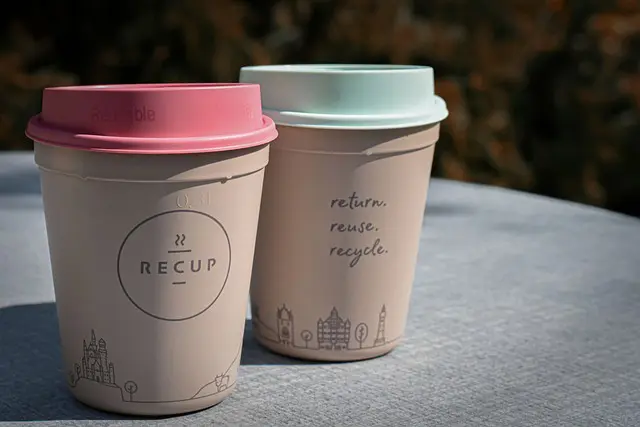Did you know that adopting eco-friendly habits can not only help the planet but also save you money? As global populations grow and environmental challenges intensify, many are turning to green solutions, often discovering long-term financial benefits. From installing solar panels to buying second-hand items, there are numerous ways to contribute to a more sustainable future while keeping your wallet happy.
Jason Higgs, senior deal strategist at Bountii, shares his insights on the green initiatives that can save both money and the environment.
Installing Solar Panels
One of the most impactful green investments for homeowners is solar panels. Although the upfront cost may seem high, the long-term savings are significant. “Solar panel systems that operate at full capacity can completely offset a household’s energy bill, which is around $125 per month on average in the U.S.,” explains Jason. “This translates to savings of up to $1,500 annually.”
The savings extend internationally. For example, residents in sunny countries like Spain can experience energy bill reductions ranging from 30% to 80% after installing solar panels. Many governments worldwide also offer incentives for those who switch to solar, making it an even more attractive option.
Buying Second-Hand Clothing and Furniture
Thrifting has grown into a global movement, with stores like Goodwill and Value Village offering low-priced, gently-used items. This trend has inspired other countries to embrace second-hand shopping.
“Thrift stores often rely on donations, allowing them to sell clothing at much lower prices than retail stores,” says Jason. “Individuals who choose to thrift can save hundreds of dollars annually.”
The same goes for furniture. With the cost of living rising, many are opting for second-hand furniture as a budget-friendly alternative. Jason notes that “44% of Brits have purchased second-hand furniture, saving significant amounts in the process.”
Using Reusable Coffee Mugs
For coffee lovers, switching to reusable mugs offers both environmental and financial benefits. Jason points out, “Many large coffee chains provide discounts to customers who bring their own cups, which adds up for daily coffee drinkers.” In the UK, for instance, popular chains like Starbucks, Costa, and Pret a Manger offer discounts of 20p to 50p per cup when customers use a reusable mug.
Conclusion
Going green doesn’t just benefit the planet—it can help save you money. Whether through solar panels, second-hand shopping, or reusable coffee mugs, there are plenty of ways to adopt eco-friendly habits that will pay off in the long run. So, why not make the switch today and start saving while making a positive impact on the environment?
For more tips and insights, visit Bountii.
